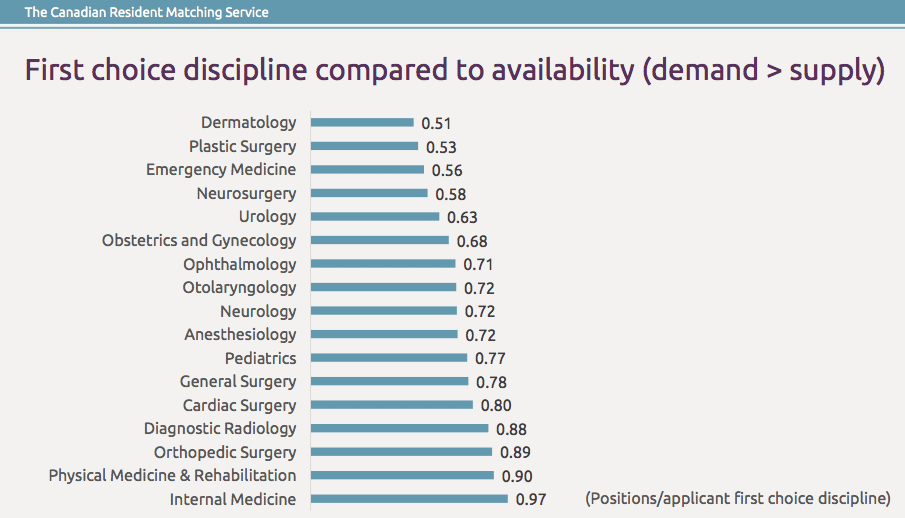
There’s no minimum or maximum number of scooters independent operators can purchase, though they have to keep in mind local regulations that, in certain cities, limit the number of scooters permitted on the streets. Bird says fleet managers, which may be independent entrepreneurs or local mom and pop bike rental shops, for example, can also collect and charge the scooters themselves.
#Max number of residents in venture towns free#
The company will provide the independent operators with scooters, which they are given free rein to brand as they please, as well as access to the company’s marketplace of chargers and mechanics, in exchange for 20 percent of the cost of each ride. The bill is proceeding to the Minnesota Senate for a vote.Bird announced today that it will sell its electric scooters to entrepreneurs and small business owners, who can then rent them out as part of a new service called Bird Platform. The move would apply retroactively, overturning voter-approved measures in the Twin Cities. Paul and block ballot questions on the issue in the future. Paul Home, during a postelection press conference in November.īut this week, a Minnesota Senate panel voted to remove rent control measures in Minneapolis and St. Paul and puts our elected leaders on notice that renter protections and housing stability are essential priorities for voters," said Tram Hoang, campaign manager of pro-rent control group Keep St. "Passage of this proposal marks a significant step towards addressing the affordable housing crisis in St. Paul one of the most restrictive rent control laws in the entire country. Paul and Minneanapolis voters passed a rent control cap preventing rent from increasing more than 3% annually in most places.Īdditionally, applying the cap to both new construction buildings and older vacant units gave St. The proposed change is meant to give residents more time and money to compete with other buyers. The bill also proposes substantial changes to Colorado's "opportunity to purchase" law, which allows mobile community renters a chance to bid on their homes if they're put on the market. Sponsors say that it's a response to the influx of wealthy investors buying mobile home parks and greatly increasing rents, CPR News reported.

There are few other affordable options, meaning they're stuck on the property. That's because residents of mobile-home lots may own the homes themselves, but can't necessarily afford to transport them. "For mobile home park residents, there's no relief valve," Boesenecker said, saying residents are often "handcuffed" to land they don't own. State House Representative Andrew Boesenecker co-sponsored a bill to limit mobile-home lot rent increases by either 3%, or by the local inflation rate in a given year, whichever of the two is higher. John Greim/Loop Images/Universal Images Group via Getty Images Arizona, Florida, Hawaii, Illinois, Kentucky, New Jersey, New York, Washington and Massachusetts have all introduced proposals to add or expand rent control protections, but these new proposals haven't cleared their legislatures. The Wall Street Journal reported this week that regulations being proposed throughout the country would allow landlords to boost monthly rents by no more than 2% to 10%.

Rent control regulations exist in five states, as well as Washington, D.C: New York, New Jersey, California, Oregon, and Maryland. "However, evidence is also mixed for rent control's ability to promote economic opportunity or reduce racial disparities." "If rent control is judged on its ability to promote stability for people in rent-controlled units, evidence has generally found it to be successful," the study said.

There is limited empirical data about whether that's true, but detractors argue that rent control reduces incentives for landlords to supply housing, with some case studies showing that the lost rental housing supply drives up market rents in the long run in units not protected by rent control.Īn Urban Institute study from 2019 concludes that more research needs to be done before evaluating rent control either way. Landlord groups argue that rent control will reduce the available supply of apartments, and that property values and tax revenue will decrease.


 0 kommentar(er)
0 kommentar(er)
